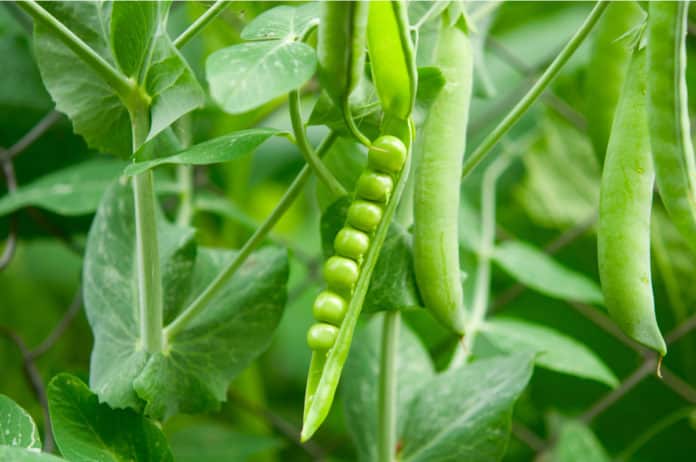Pea Genome to Improve Crops
The genome of the model genetic plant Pisum sativum, or pea plant, links nineteenth-century genetics to twenty-first-century genomics. This serves as a symbol of how far the genetics field has developed and how greatly technologies have advanced.
A global team including researchers from The University of Western Australia has assembled the first genome of the field pea. This provides insight into how the legume evolved and will help aid future improvements of the crop.
This study has important implications for global nutrition and the sustainability of crops. The field peas provide a crucial plant-based protein source for human food and animal feed.
Professors David Edwards and Jacqueline Batley from UWA’s School of Biological Sciences and UWA’s Institute of Agriculture were co-investigators in the research and said that the field pea had a much larger and more complex genome compared to other legumes.
Professor Edwards highlighted that the pea genome assembly spans about 4.45 thousand million letters. Professor Edwards added that due to the recent technological innovations, the team was successful in sequencing the Pea Genome.
Professor Batley said the research was built on pioneering concepts of inheritance developed by Gregor Mendel. She added that the sequencing
of the pea genome would help the scientists understand the basis for the variation which has evolved through the years.Gregor Mendel analyzed the inheritance of different pea traits such as wrinkled peas, and he demonstrated that these traits were passed on from one generation to the next.
Professor Batley added that more than 150 years later, scientists have now assembled the pea genome. This will help the team to understand the DNA basis of the inheritance observed by Mendel.
This research- Pea Genome to Improve Crops- was supported by the Australian Grains Research and Development Corporation and by the Australian Research Council.






























